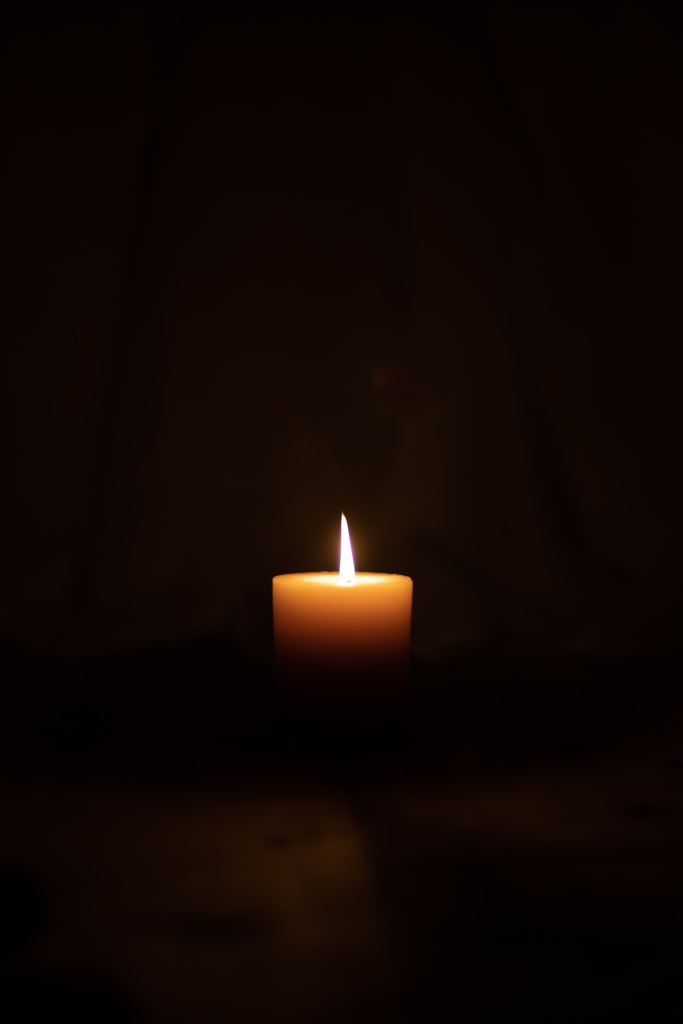
If you are a church group wanting to start some social ministry in your community, three principles stand out, I think:
- Set well-recognized, high standards. Aim to be widely respected.
- Don’t charge people for your services but trust that the money will come in somehow.
- Go to where the Kingdom of God will have the most impact; start at the bottom of the barrel.
These are derived from Jesus’ instructions to his itinerant-healing-and-preaching disciples in Matthew 10:
- Find the home of a local, well-respected worthy and lodge there. (This gives social accreditation of decent standards)
- ‘Freely you have have received, freely give’ but ‘workers deserve their wages’. The disciples’ stance was to serve for free, but to trust that they would be recompensed; God’s work, done God’s way, won’t lack God’s supply.
- ‘Go to the lost sheep of the house of Israel’. There are two ways to read this verse: assume that all the house of Israel are lost sheep; or perhaps the more straightforward one: the house of Israel has some sheep happily grazing, but others who are lost. Go to the lost.
This made me think of two charities that I know about or have recently learnt about. Romsey Mill in Cambridge works with families and youth, and has various specialities, such as groups for young fathers, or for young people with ASD. St Luke’s Advice Service in Brighton offers help to people with debt or disability, often navigating government bureaucracy on behalf of their clients. (I didn’t contact either charity before writing this, which is off my own bat.)
Each:
- is widely respected in the community (St Luke’s has commendations from each of the area’s three Members of Parliament)
- Offers services for free or for a notional contribution. The real funds come from fundraising; leveraging available Government funds; and calling on a volunteer workforce and local goodwill. Local churches and maybe other groups like businesses or charitable groups see each charity as a legitimate outlet for community service. The goodwill of churches was behind their founding and helps to sustain them without compromising their specific focus or standards. So their money mostly doesn’t come from their clients and their work is not for profit. There are no strings attached.
- Is set up for the people who most need help.
What a vision: the churches of our country patching the holes in our social support networks, in that way finding a ready audience, and living out and demonstrating the Kingdom of God in the sight of all.








